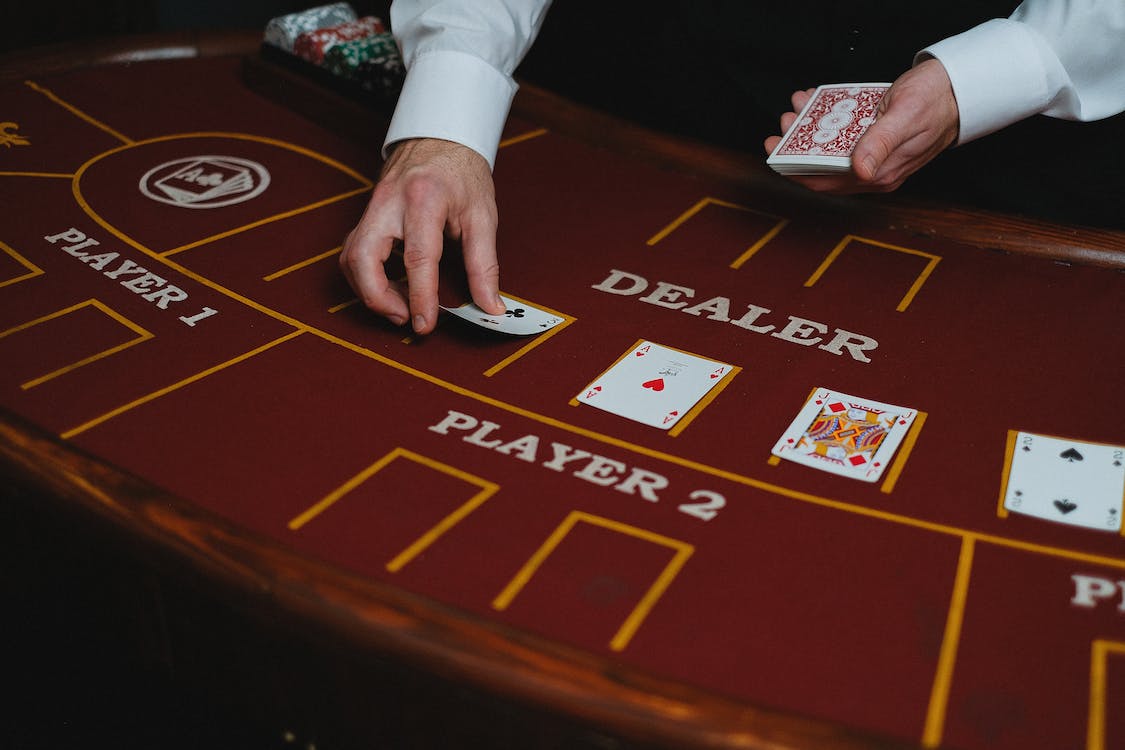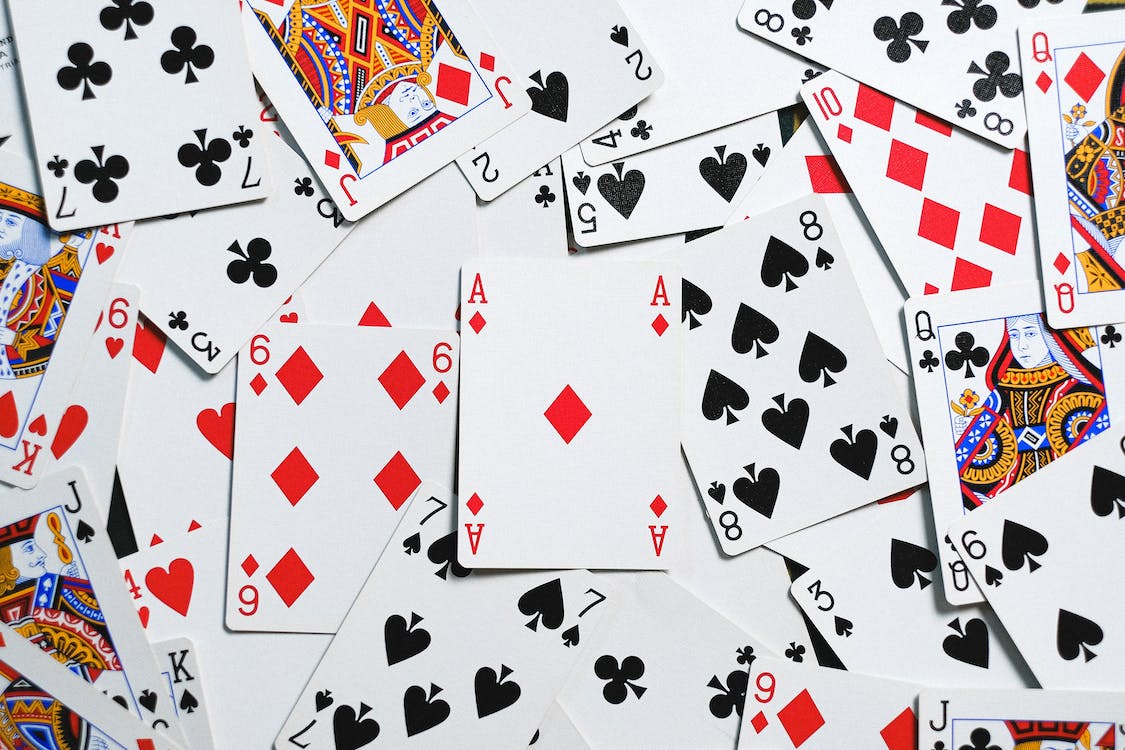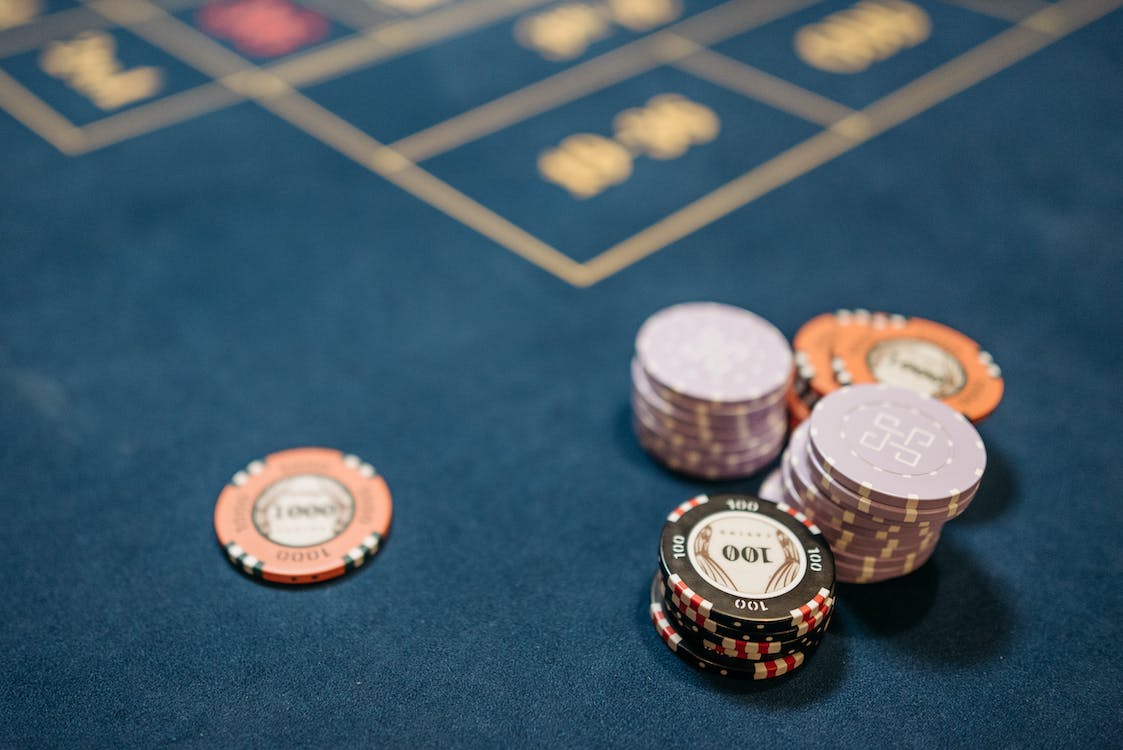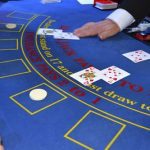
Poker is a game that players of all levels of experience can enjoy. Whether you are a beginner or a seasoned professional, there are always new tactics to learn and strategies to consider. This blog post will share 15 poker tips that every player should know.
Remember these tips the next time you sit at the table, and see how they help you improve your gameplay!

These are among the most basic poker rules you must never forget. The rank of each hand determines how much you can win in a given situation. If you’re still unfamiliar with them or get some rankings mixed up, download a hand rankings chart or poker cheat sheet nearby when you play.
Many free poker platforms are available, so there is no excuse not to take advantage of them. Not only will playing online help you improve your poker skills, but it can also be a lot of fun.
A “tell” is any behavior or physical mannerism that gives away information about a player’s hand. By paying attention to your opponents’ tells, you can gain a significant advantage over them.
If you find yourself too invested in any particular hand, you are likely making poor decisions.
Bluffing can be a great way to win a poker hand, but it should be used sparingly. If you use it too often, your opponents will catch on and start calling your bluffs, which will put you at a disadvantage.
Poker players make one of the most common mistakes: playing too many hands. By only playing when you have a strong hand, you will be able to minimize your losses and maximize your winnings.
Folding is often seen as a sign of weakness, but it can be a smart move in poker. If you are holding a weak hand, it is usually better to fold than to risk losing all of your chips.

Betting patterns can give you valuable information about the strength of your opponent’s hands. If you notice that someone always bets when they have a good hand, you can use this information to your advantage.
Poker is a game of mental fortitude. If you allow your emotions to get the best of you, it will likely lead to poor decision-making and put you at a disadvantage. Your opponents will also know to read your body language. Keep them in the dark with an impenetrable poker face.
Pot odds are the ratio of the pot’s size to the amount you would need to invest to stay in the hand. Knowing the pot odds can help you make better decisions about whether or not to call or fold.
Poker is a risk-taking game; sometimes, going all-in is the only way to win. However, it would help if you only took risks when you had a good chance of winning. Otherwise, you are just gambling; poker is not a game of chance. Again, knowing the odds would be extremely helpful if you’re considering risking it all.
There may be times when you run into a string of bad losses. Some people will feel fixated on getting a streak-breaking win at any cost. That could lead to bad decision-making and affect your gameplay and bankroll. So it is important to know when to walk away. If you are losing more than you can afford to, it is time to stop playing.
Your bankroll is the sum of money you’re choosing to use only for poker. It is important to manage your bankroll wisely, as this will help you stay in the game longer and give you a better chance of winning.

When selecting a table to play at, consider the stakes against your bankroll. Think about the competition you may face in that skill bracket. It’s essential to be patient in building up your bankroll as well. If you’re a beginner, getting a good grasp on the basics and getting some experience before sitting down with the high rollers is more critical.
The only way to become a better poker player is to practice as much as possible. Playing against friends can quickly improve your skills and help you learn new strategies. Playing against anonymous opponents online will also expose you to different playstyles. So be sure to mix it up to get the most experience.
Poker is a thrilling game. There is a rare satisfaction in making a tough call under pressure and coming out on top. But if poker stops being fun, it could be time to take a break or move on to another activity. Remember, the goal is to enjoy yourself and maybe even win money along the way!
The advice in this blog post boils down to approaching poker in an observant and mindful way. In the beginning, the right decisions may be hard to make, but being more aware of the different elements of the game can make your choices much more straightforward.
Knowing the odds of your hand and the pot, observing how your opponents bet and bluff: these considerations can help you win it big or avoid going bust. Be sure to hone your skills through practice, and you’ll be raking considerable winnings in no time.
If you’re looking for a place to start, sign up with GGPoker, the world’s largest poker room.
 Skip to content
Skip to content





